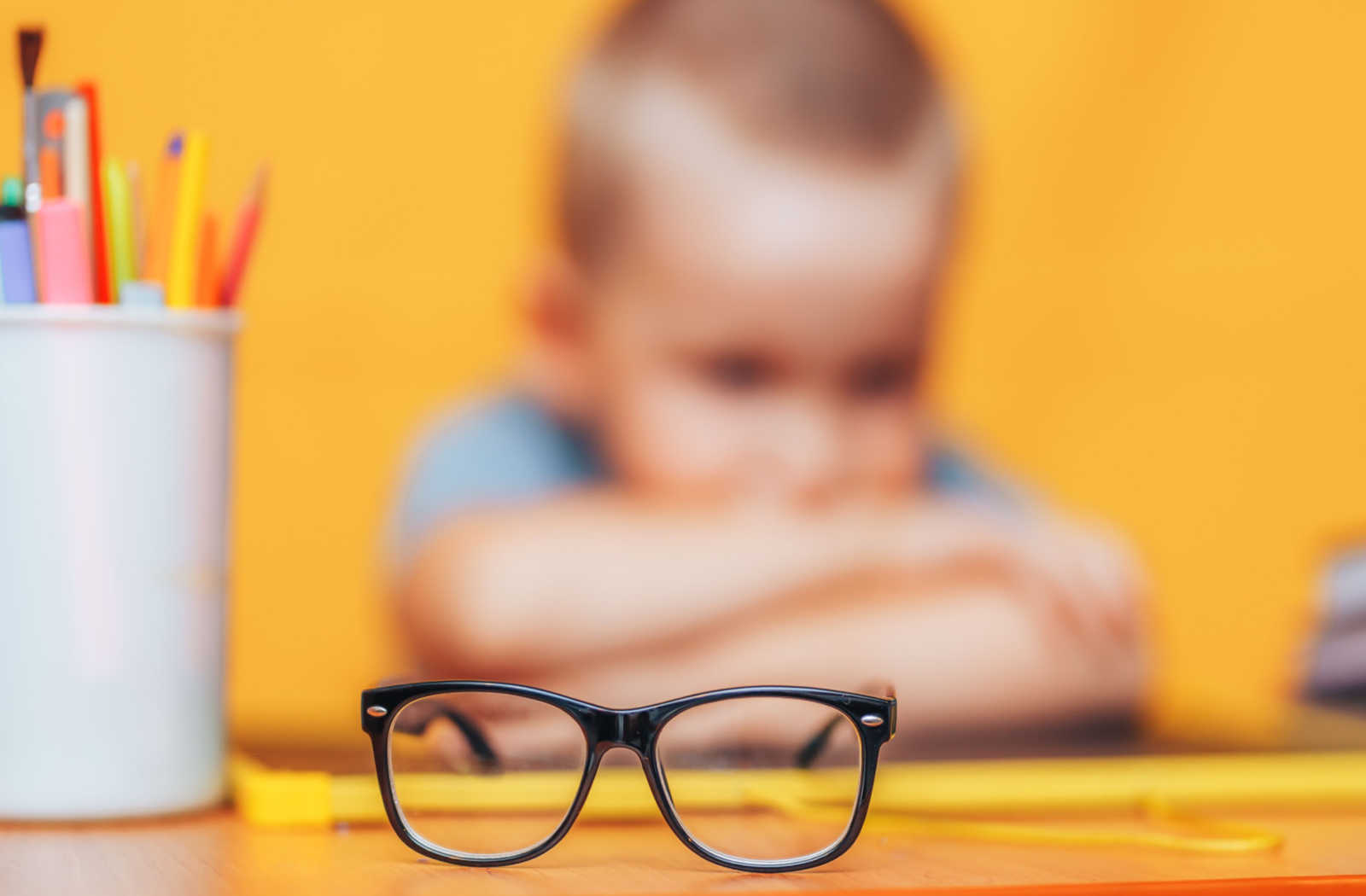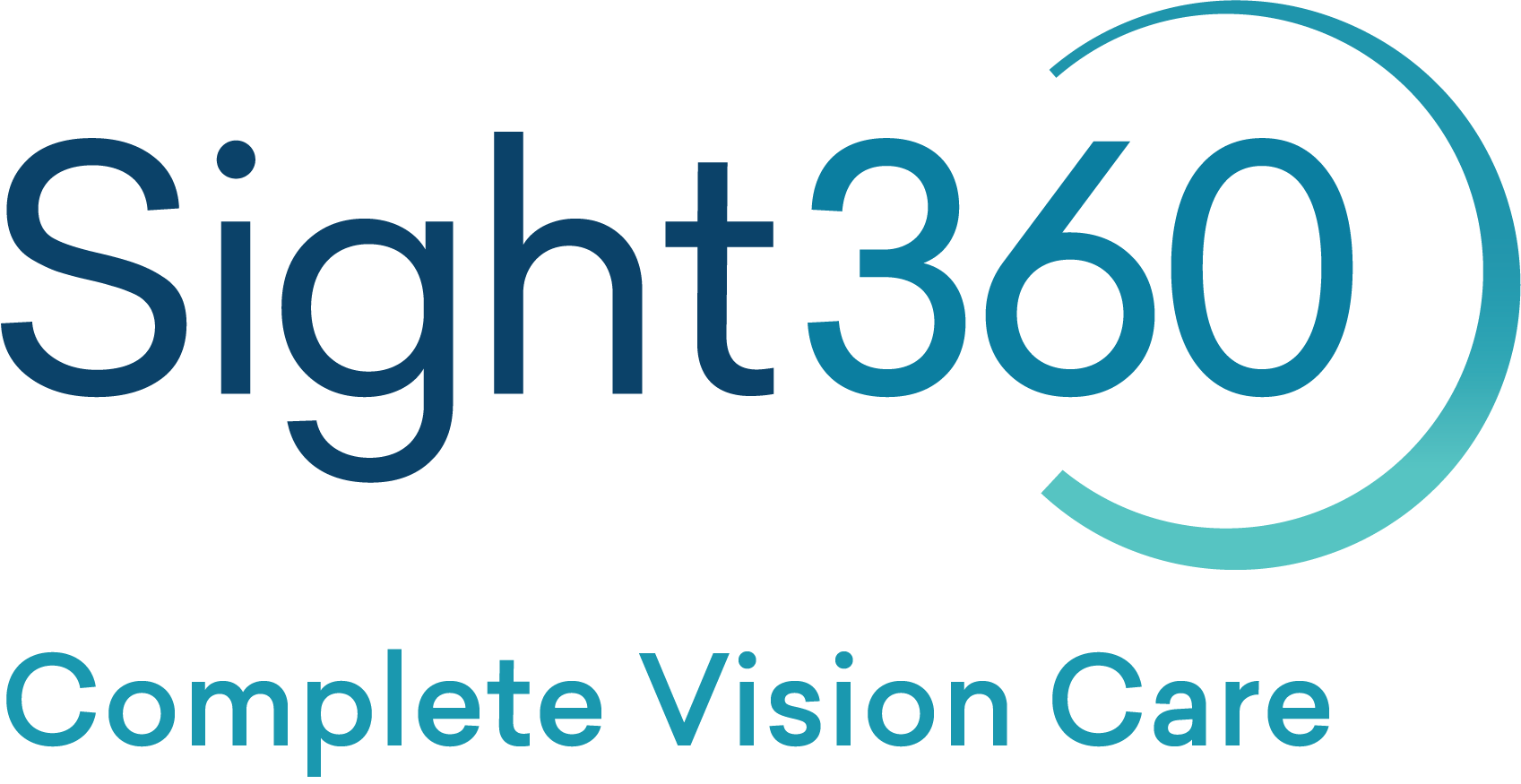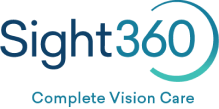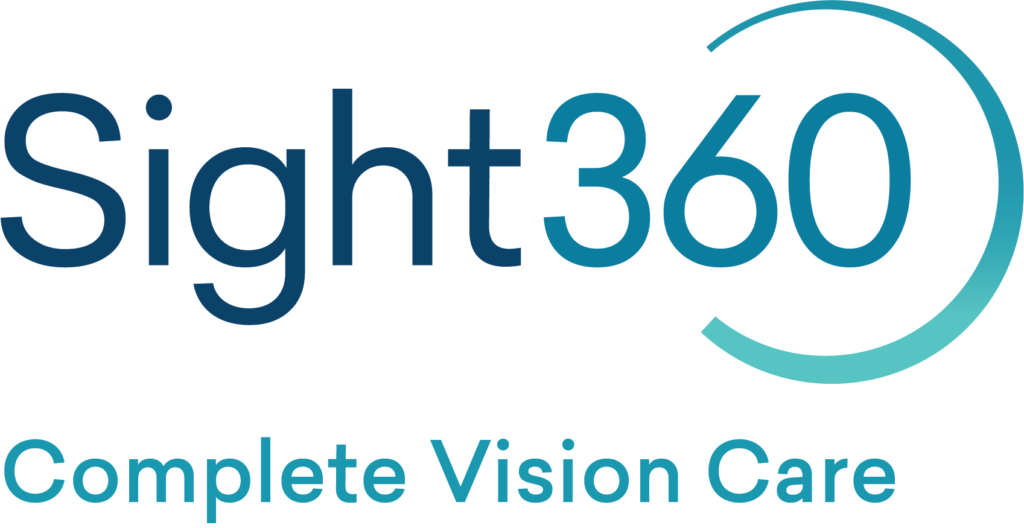Your child’s eyes are their window to how they interact with and understand the world around them. This means the health of your child’s eyes and vision influences their growth and development.
Refractive errors, where the eye cannot focus the light correctly due to its shape (such as in the case of myopia), can impact the way your child sees and learns. The good news is there are correction methods available to help improve your child’s vision and slow the progression of myopia.
Regularly scheduling eye exams for your little one is essential to the early detection and treatment of eye conditions.
What Is Myopia?
You may have heard myopia be referred to as nearsightedness. It’s a common vision problem, often detected in children, that causes distant objects to appear blurry while things close-up remain clear.
Myopia occurs when the cornea (the clear, protective layer of the eye) has too much curvature or the eyeball has grown too long. When light enters the eye, it is not able to properly focus on the retina, leading to blurred vision.
Signs your child may be struggling with myopia can include:
- Squinting when viewing something in the distance
- The need to sit closer to the TV or at the front of the classroom
- Excessive blinking
- Frequent complaints of headaches
- Always rubbing their eyes
How Can the Presence of Myopia Affect My Child’s Learning?
Your child’s learning is dependent on a majority of their visual skills. In fact, 80% of learning is visual. This means when your child isn’t able to see their teachers, peers, and information clearly, they aren’t able to learn to their full potential.
Myopia affects around 42% of school-aged children, and it’s predicted that by 2050 nearly half the world’s population will be myopic. Help protect the future of your child’s vision with regularly scheduled eye exams.
An eye doctor can help ensure their eyes are working to the best of their ability by monitoring and treating conditions like myopia. This is even more important given the fact that individuals with high amounts of myopia are more at risk of developing glaucoma and retinal tears and detachments.
How Often Should You Schedule Eye Exams for Your Child?
Taking care of your little one’s eye health starts with regular eye exams. We recommend scheduling annual eye exams for your child. This will help us monitor your child’s eye health and the presence or progression of any ocular conditions.
A comprehensive exam will also test your child’s eyes for the visual skills necessary for learning, including:
- Visual Acuity—the sharpness of your child’s vision
- Eye Tracking—how well the eyes follow an object or text
- Eye Focusing—the ability to maintain clear vision when switching between looking at objects close and far
- Eye Teaming—how well the eyes work together
- Hand-Eye Coordination—the ability to use visual information to direct the hands to perform an action
- Visual Perception—recognizing, comprehending, and retaining visual information

Common Methods of Myopia Management
Glasses and Contact Lenses
Prescription glasses and contact lenses can help correct myopia and provide your child with clear vision. If your child’s myopia continues to progress, your eye doctor may recommend further management methods to prevent more severe vision issues in the future.
Orthokeratology
Orthokeratology, known as ortho-k for short, is the use of specially designed contact lenses to slow the progression of myopia. Ortho-k lenses are fitted to each patient’s unique eyes and worn overnight to temporarily reshape the cornea. By temporarily reshaping the cornea, light can now properly focus onto the retina.
When your child wakes up, they can remove the ortho-k lenses and enjoy clear vision throughout the day without the need for other glasses or contact lenses.
Low-Dose Atropine Eye Drops
Using low-dose atropine eye drops has been shown to significantly slow the progression of myopia and prevent severe nearsightedness. Typically administered at night time, these drops work by relaxing the eye’s focusing mechanisms and can be used in combination with glasses.
Refractive Surgery - Changing the way the eye focuses light
Though not for children, myopia can be corrected through laser surgery for patients 18 and up. A precision laser is programmed to reshape the cornea to change the way light is directed within the eye and focused onto the retina. Common procedures include:
Discover the Myopia Control Solution Right for Your Child
Help your child achieve their full potential and protect the future of their vision by scheduling annual eye exams. Early detection of vision problems like myopia allows for early intervention to prevent further problems from arising.
Together we can help your child achieve visual success in and outside of the classroom. Is it time for your child’s next comprehensive eye exam? Book an appointment today!


